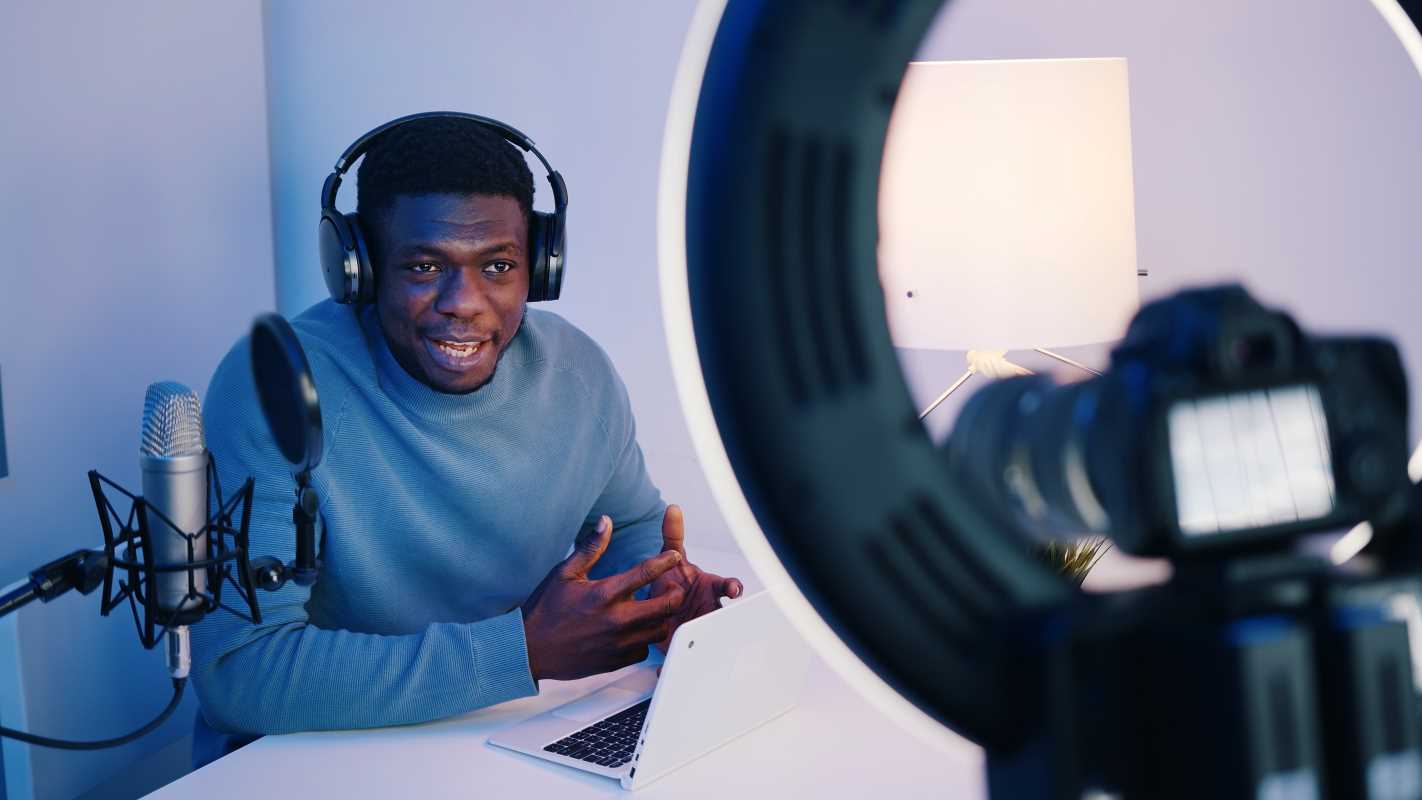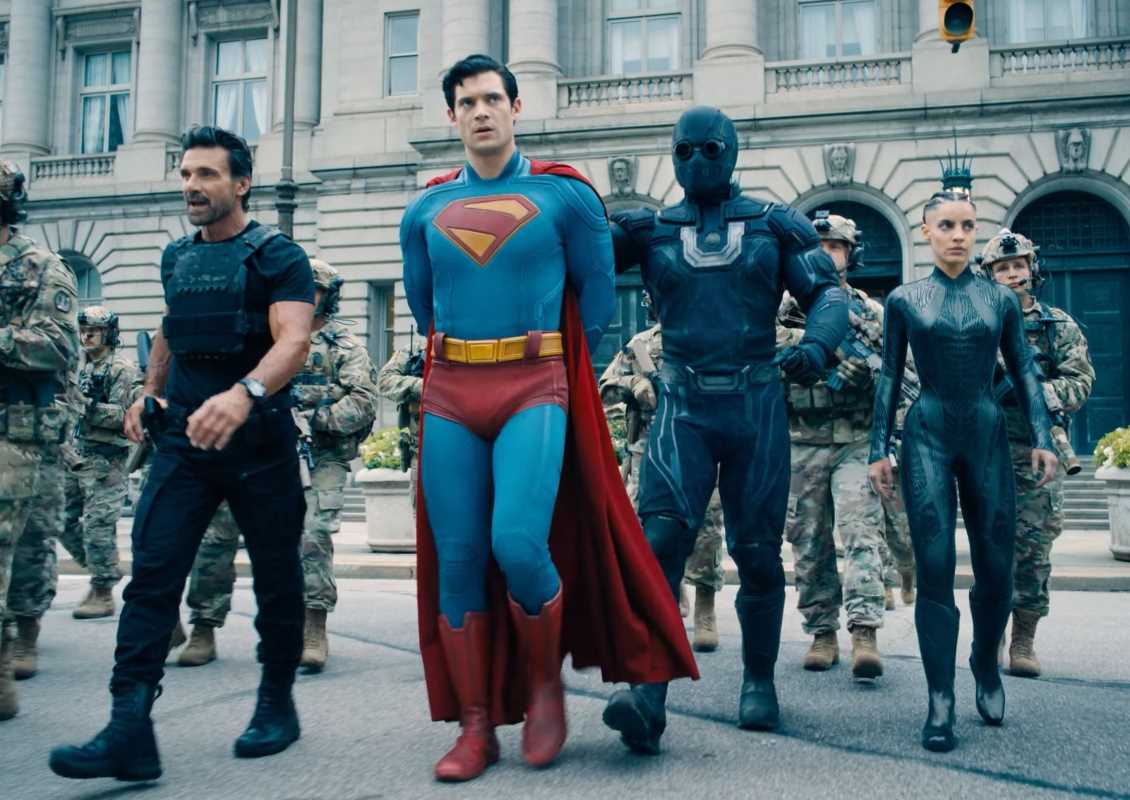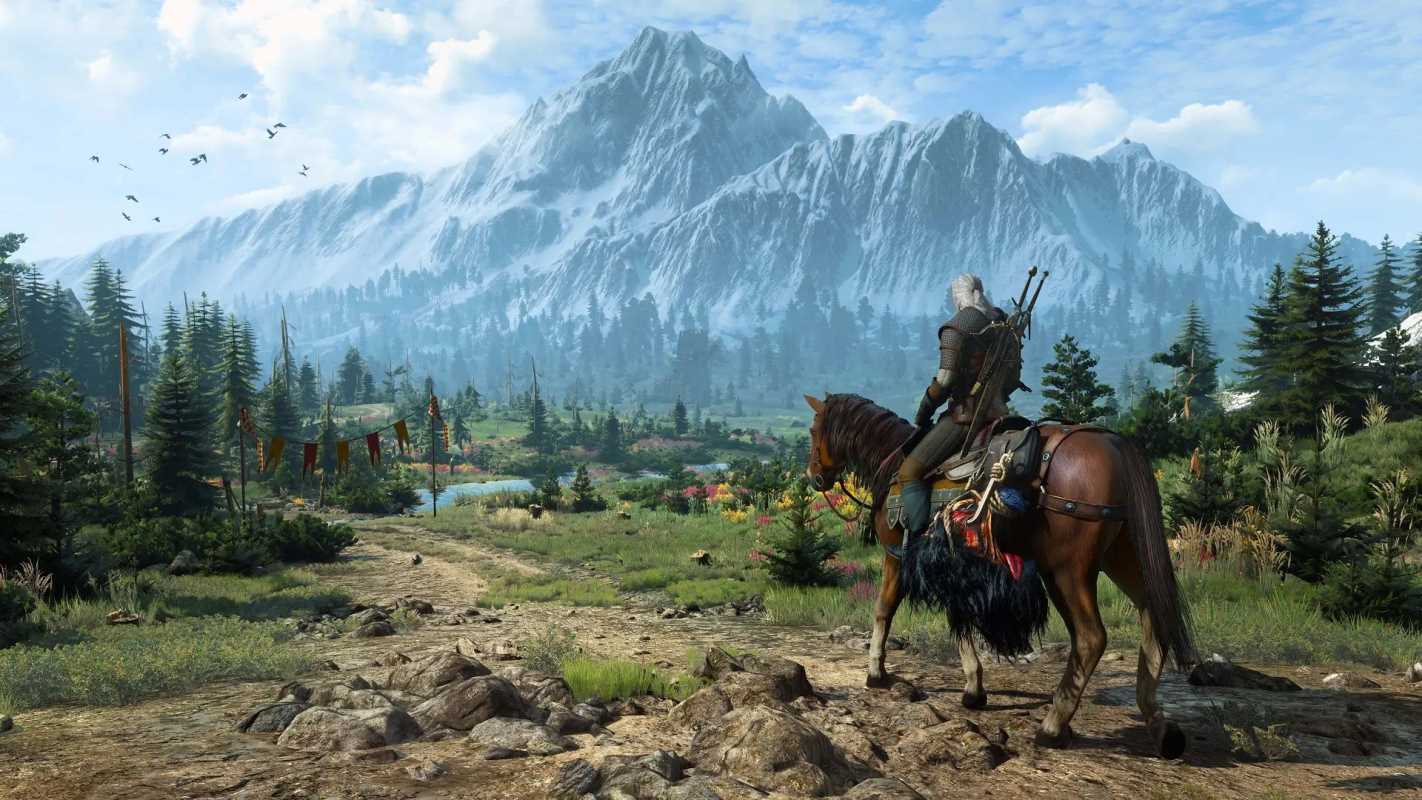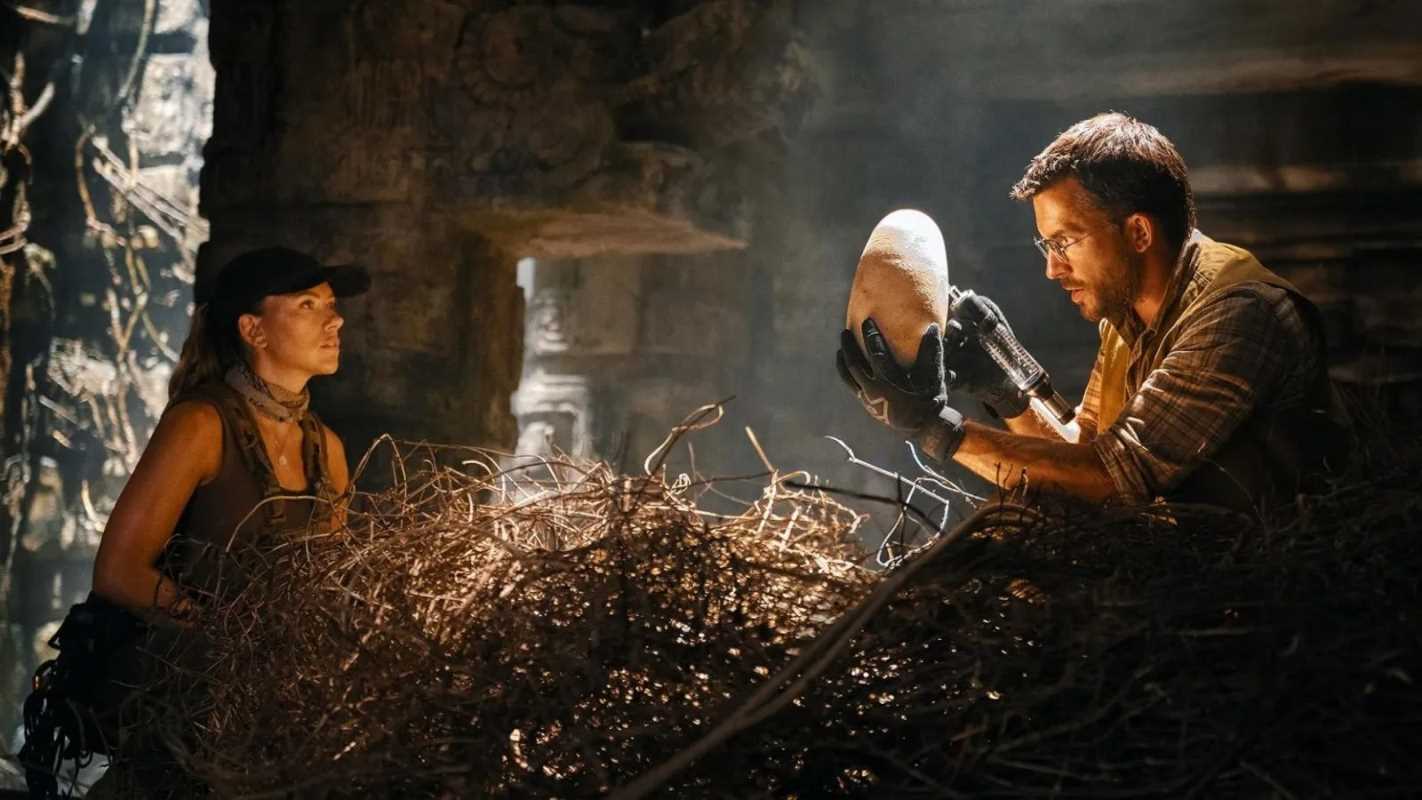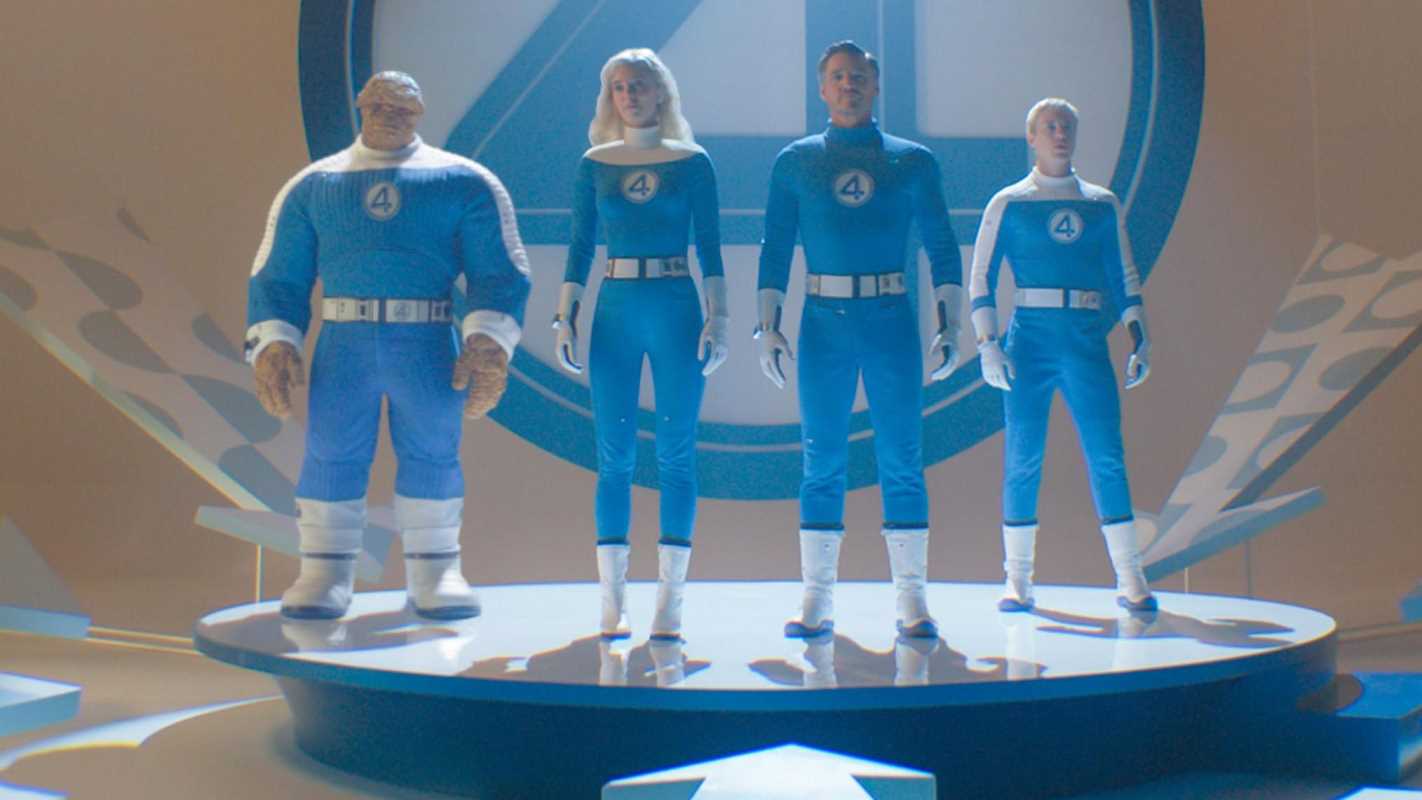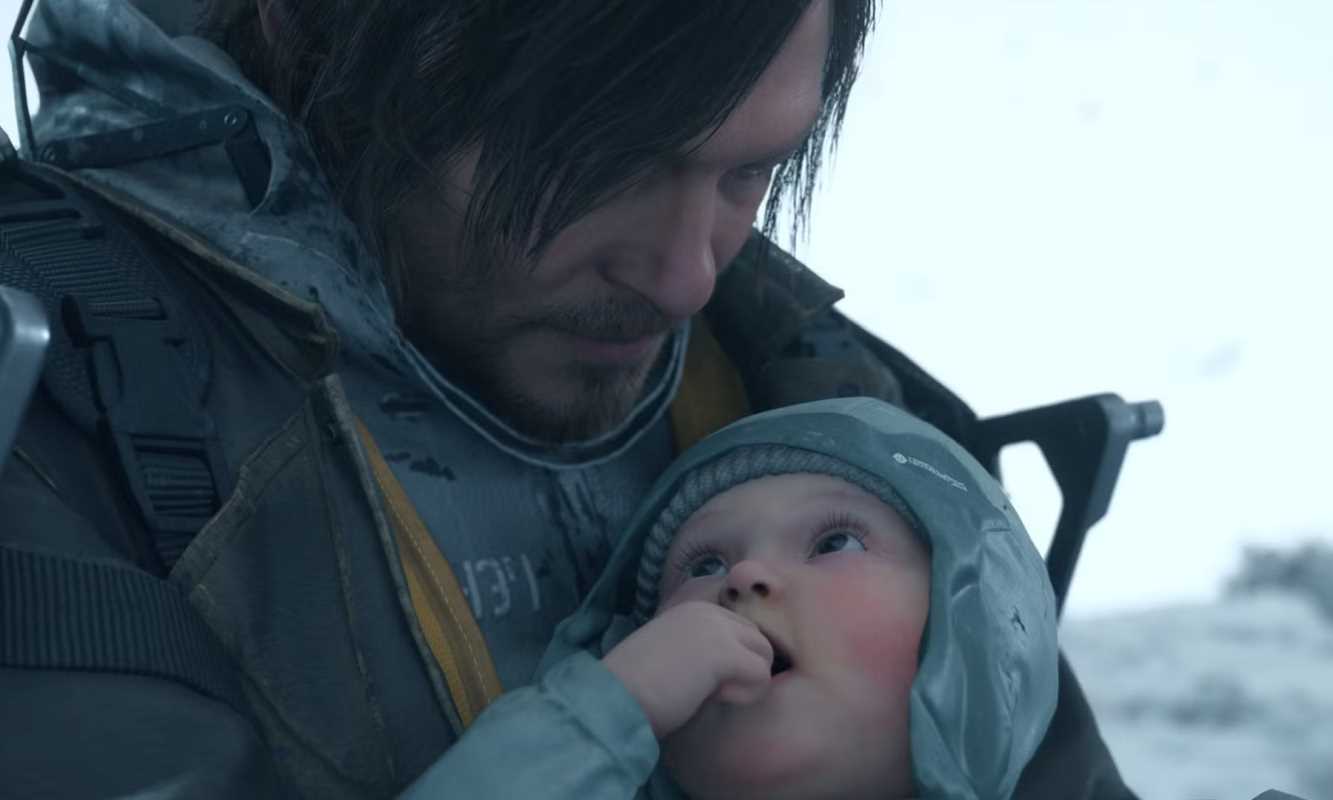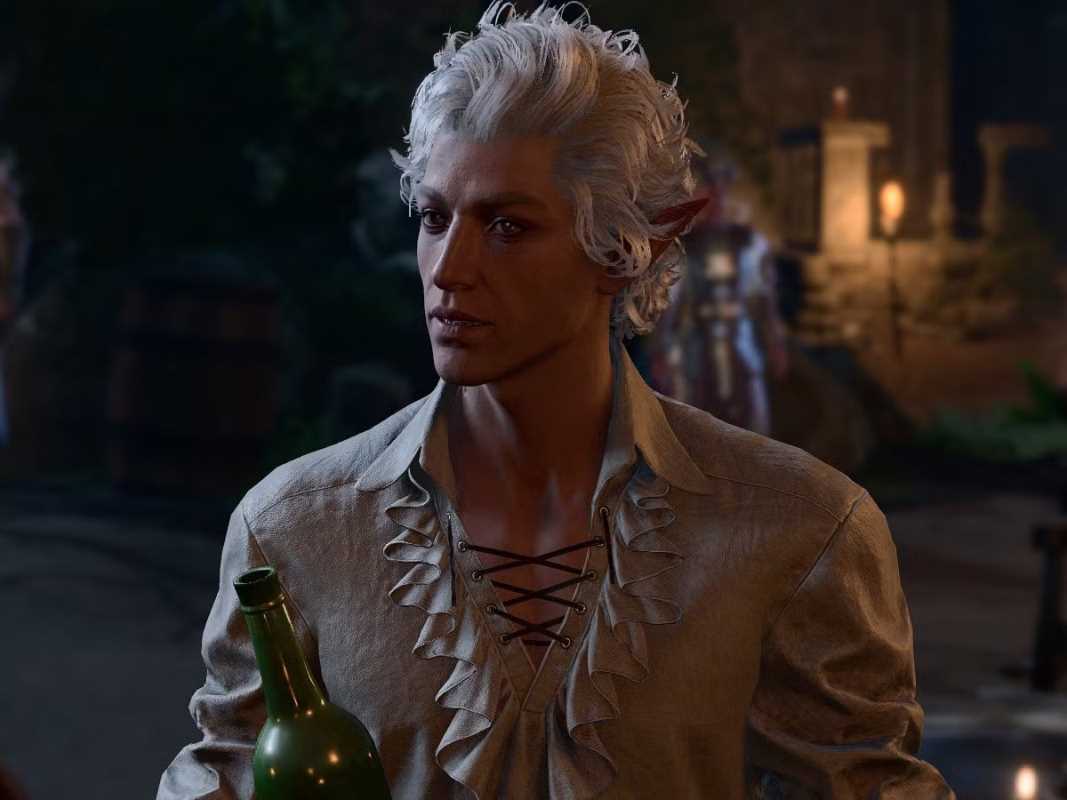It’s been decades since Tim Burton’s zany, surrealist Beetlejuice became a cult classic. Fans have waited a long time for a return to the quirky world of the afterlife, with its irreverent humor, bizarre characters, and unforgettable visual aesthetic. Beetlejuice Beetlejuice promised to deliver a nostalgic reunion with a modern twist, but after such an extended wait, the final product falls frustratingly short of expectations. While there are glimmers of potential and flashes of brilliance, the sequel struggles to recapture the magic of the original, ultimately leaving audiences with a sense of missed opportunity.
A Rehashed Story That Lacks Spark
One of Beetlejuice Beetlejuice’s most glaring issues is its derivative story. Instead of taking creative risks or expanding on the original's lore, the sequel rehashes many familiar beats, making it feel more like a retread than a fresh and innovative continuation. The plot takes place years after the events of the first film, with Lydia Deetz’s now-adult daughter, Violet, unwittingly summoning Beetlejuice back into the world. Violet’s quest to save her mother from a supernatural curse provides the narrative backbone, but it lacks the charm and originality that made the first film so compelling.
Where the original thrived on its unpredictability and offbeat energy, Beetlejuice Beetlejuice plays it frustratingly safe, relying heavily on nostalgia without offering much new substance. Key plot points feel recycled, and the movie's attempts to connect with modern audiences often come off as forced or shallow. The quirky afterlife bureaucracy and absurd rules hinted at in the first film are only mildly expanded upon, leaving much of the world-building feeling hollow and underdeveloped.
Underwhelming Character Development
The lack of compelling character arcs is another major flaw in the sequel. The original Beetlejuice introduced a roster of eccentric and memorable characters, from the morbidly curious Lydia to the eccentric yet lovable Maitlands. Unfortunately, Beetlejuice Beetlejuice fails to provide its ensemble cast with the same depth or charm.
Lydia, played once again by Winona Ryder, is given little room to grow beyond her established personality, and while Ryder does her best with the material, her character feels static and underutilized. Violet, the new protagonist, is intended to be a torchbearer for her mother’s unconventional spirit, but she ends up feeling more like a generic rebellious teen archetype than a fully realized character.
Beetlejuice himself, played once again by Michael Keaton, is still undeniably entertaining, but his antics lack the mischievous unpredictability that made him such a standout in the first film. Instead of feeling like the chaotic wild card that keeps audiences guessing, he comes off as a toned-down, almost sanitized version of himself, likely to appeal to broader audiences. This diminished edge dilutes much of the film’s irreverent humor, making the character feel like a shadow of his former self.
Fumbling the Humor
Speaking of humor, Beetlejuice Beetlejuice attempts to recreate the zany tone of the original but struggles to deliver laughs with the same consistency or sharpness. Much of the humor feels dated or overly formulaic, relying on slapstick gags and one-liners that rarely land. The balance of dark comedy and absurdity that defined the original is replaced by a more family-friendly approach that feels at odds with the film’s gothic undertones.
There are moments that stand out as genuinely funny, such as Beetlejuice’s interactions with the peculiar denizens of the afterlife, but these are few and far between. The film’s comedic timing falters, and many of the jokes fail to resonate, especially for those who were hoping for a more mature or boundary-pushing tone in line with modern sensibilities.
A Shortcoming in the Execution
Beyond its narrative and comedic missteps, Beetlejuice Beetlejuice also suffers from uneven pacing and awkward tonal shifts. The film struggles to maintain momentum, with long stretches of exposition that bog down the story instead of deepening its themes. These moments often feel like filler, taking away from potential set pieces or character-driven scenes that could have added more substance.
The tonal inconsistencies are jarring, with the movie veering awkwardly between lighthearted family fare and darker gothic elements. This lack of cohesion makes it difficult for viewers to fully immerse themselves in the story or connect with the characters.
Visual Effects and Performances Save the Day
Despite its flaws, Beetlejuice Beetlejuice does have its redeeming qualities, primarily in the form of its visuals and performances. Tim Burton’s signature aesthetic is alive and well, with vibrant sets, eccentric costumes, and imaginative creature designs that brilliantly bring the afterlife to life. The film’s whimsical yet macabre visual style is one of its strongest assets, providing audiences with plenty of eye candy even when the story falls flat.
Performances from the cast also offer some saving grace. Michael Keaton, even in a more subdued mode, remains endlessly watchable and injects much-needed charisma into his scenes. Winona Ryder brings genuine warmth and nostalgia to her reprised role as Lydia, and Catherine O’Hara’s brief return as Delia is a welcome treat. Even Violet, though she struggles as a protagonist, is brought to life with enthusiasm by her young performer, who does her best to elevate the patchy dialogue.
Nostalgia Versus Innovation
The most significant disappointment of Beetlejuice Beetlejuice lies in its reliance on nostalgia at the expense of innovation. While callbacks to the original are inevitable and often enjoyable, the film leans too heavily on its predecessor’s success without carving out its own identity. Classic elements are revisited without much thought to how they might evolve or be reinterpreted. Instead of feeling like a true continuation, the sequel comes across as a pale imitation of the original, missing many of the qualities that made it so beloved.
Last Word
Despite its long-awaited arrival, Beetlejuice Beetlejuice fails to live up to the legacy of its predecessor. While it captures some of the original’s visual magic and quirky spirit, its repetitive story, underwhelming humor, and lack of character depth turn it into a frustratingly uneven experience. For fans who have eagerly awaited this sequel for decades, the film’s inability to fully harness the potential of its rich world and iconic characters feels like a missed opportunity.
That being said, the film has its moments. Michael Keaton’s Beetlejuice remains an entertaining presence, and the dazzling visuals keep the afterlife visually compelling. But for a sequel with so much anticipation behind it, these positives aren’t enough to mask the film’s larger shortcomings. If the original Beetlejuice was a wild, unpredictable ride through the weird and wonderful, its sequel feels more like a cautious stroll down memory lane.
Verdict: 6/10
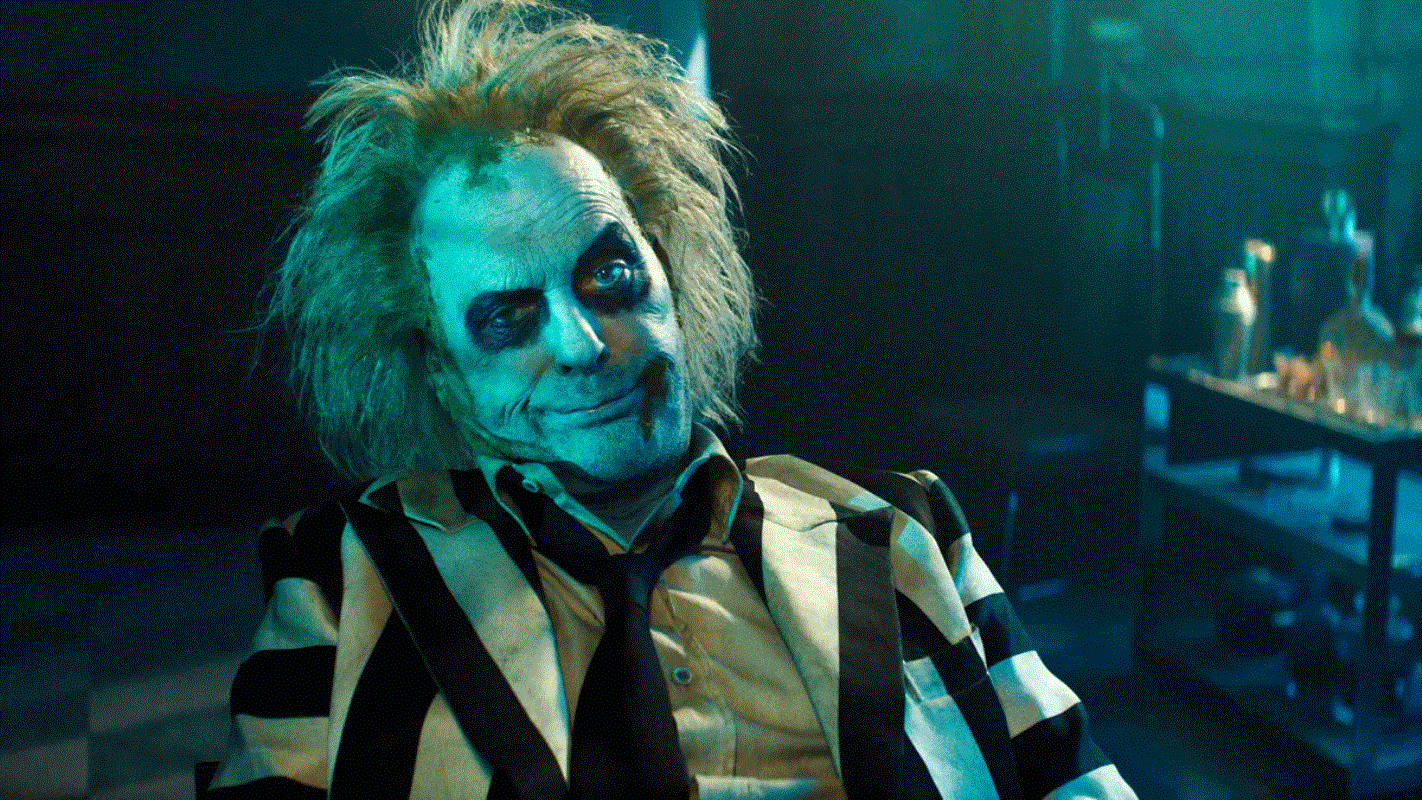 (Image source: Warner Bros. Pictures/The Geffen Company)
(Image source: Warner Bros. Pictures/The Geffen Company) 